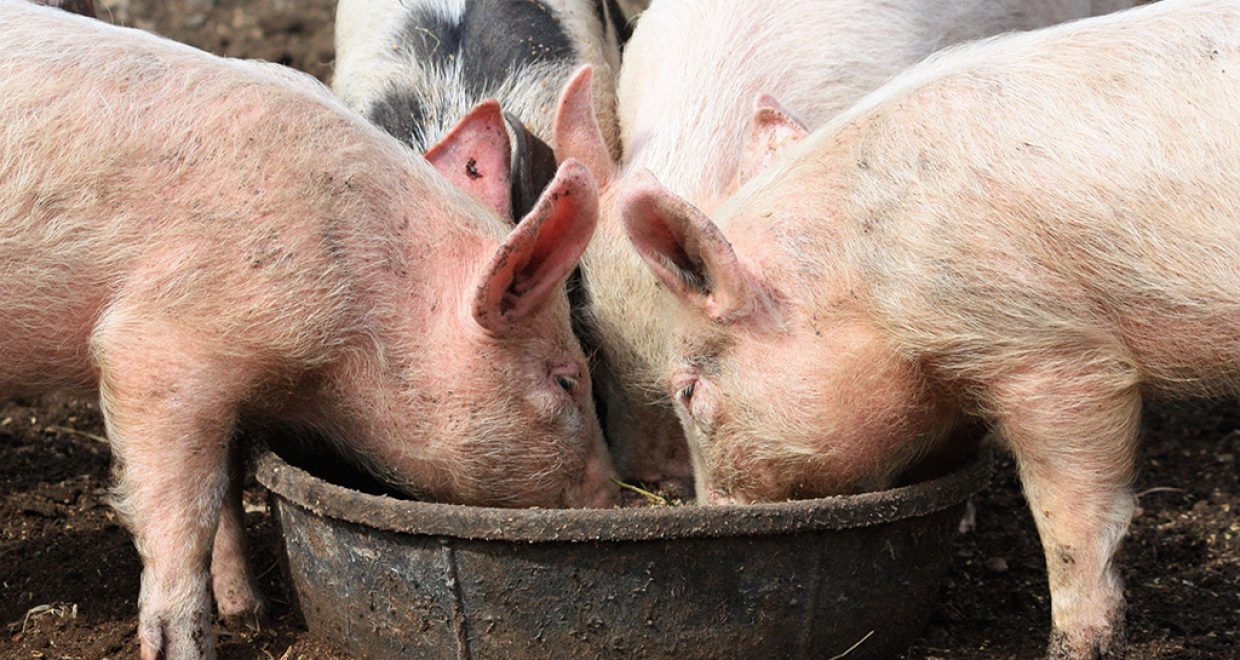Evolving technological change in pork production supporting expectations of improved productivity, sustainability and flexibility
On behalf of the scientific and organising commitees of the biennial Manipulating Pig Production conference of the Australasian Pig Science Association, we are delighted to introduce this special topic: Evolving Technological Change in Pork Production
Protein from pigs remains the most consumed animal protein globally and with this comes the challenge to produce more with less resources. As knowledge advances, improvements in production standards and the management of pigs delivers positive welfare, environmental and sustainability outcomes. Research involving all facets of pig production, be it physiology, welfare, health, meat science, technology, genetics or nutrition, is key to driving these advances in pig production and embodies the themes of this special edition.
The ten papers in this Special Topic of animal, at the biennial Manipulating Pig Production conference of the Australasian Pig Science Association, cover a wide range of topics to provide insights into advances in science and how these improve pig production. One paper reflects on the many scientific developments in pig research and highlights those that are considered to be milestones, forever changing global pig production.
The first major theme of the Special Topic focuses on the sow. One paper provides insights into the maternal effects on progeny development. These effects are profound and managing the sow to optimise progeny development presents significant challenges. The importance of nursing from birth on reproductive development and performance is emphasised, with data on both short-term effects in the neonate and long-term effects in adults. This is supported by a review paper detailing the importance of managing sow nutrition. The nutrient and energy requirements of the sow change dramatically with each stage of gestation and lactation, and with sow productivity improvements continuing, increased metabolic demands are placed on the sow, especially first-litter sows, during lactation. Continuing with the sow, in order to achieve these increases in sow productivity, it is important to understand the key drivers of reproduction. The final paper of this theme describes an evolving area of science which has identified signalling molecules that are important in controlling pig reproductive cycles.
Another theme explored in this Special Topic is that of health and the health management of pigs. In the first paper, the issue of determining when an animal is sick is presented. This review outlines the key concepts of brain-immune system communication and the immediate opportunities by targeting this biology can have for husbandry practices. In the second paper of this theme, the topic of managing health with water medication is discussed. While it is common for pigs to be medicated through their water, it cannot be assumed these are delivered in equal doses to each animal.
Rounding out this Special Topic is the theme of technology. Pig management, measuring carcass quality, new sources of protein and alternatives to animal protein are covered. In a series of four papers covering these topics, advances in precision livestock farming that enable greater management of individual animals to deliver increased sustainability, advances in hand-held technology that predicts carcass quality parameters, producing sustainable protein sources to be fed to pigs, as well as developing alternatives to pig meat as a protein source for humans are presented.
The themes covered in this Special Topic are critical to driving innovation and implementation by the pig industry to achieve higher production, more ethically and sustainably.
Read the Special Topic: Evolving Technological Change in Pork Production published in animal, Volume 13, Issue 12, December 2019.







واردات از چین
خرید از چین
thanks for your article